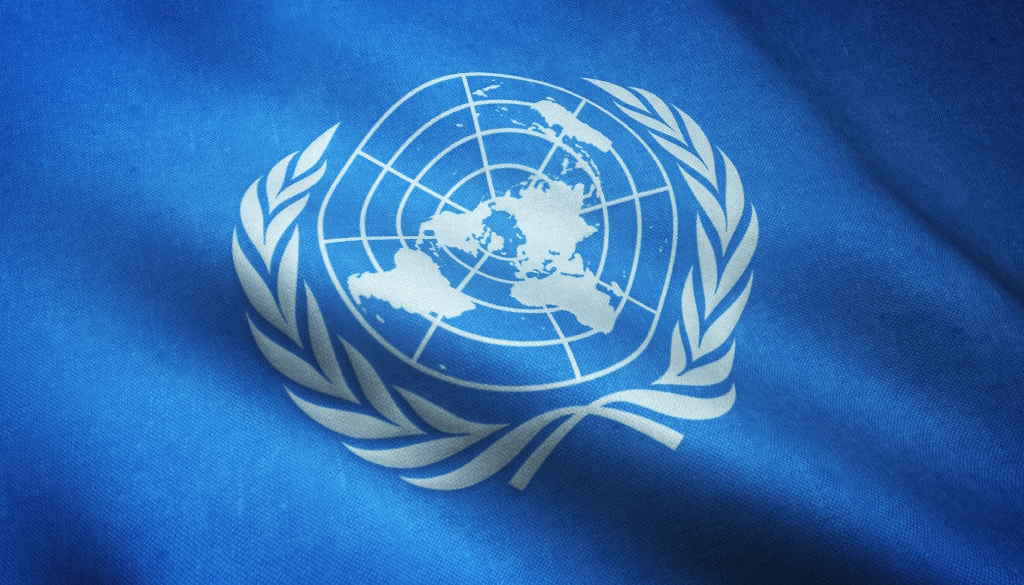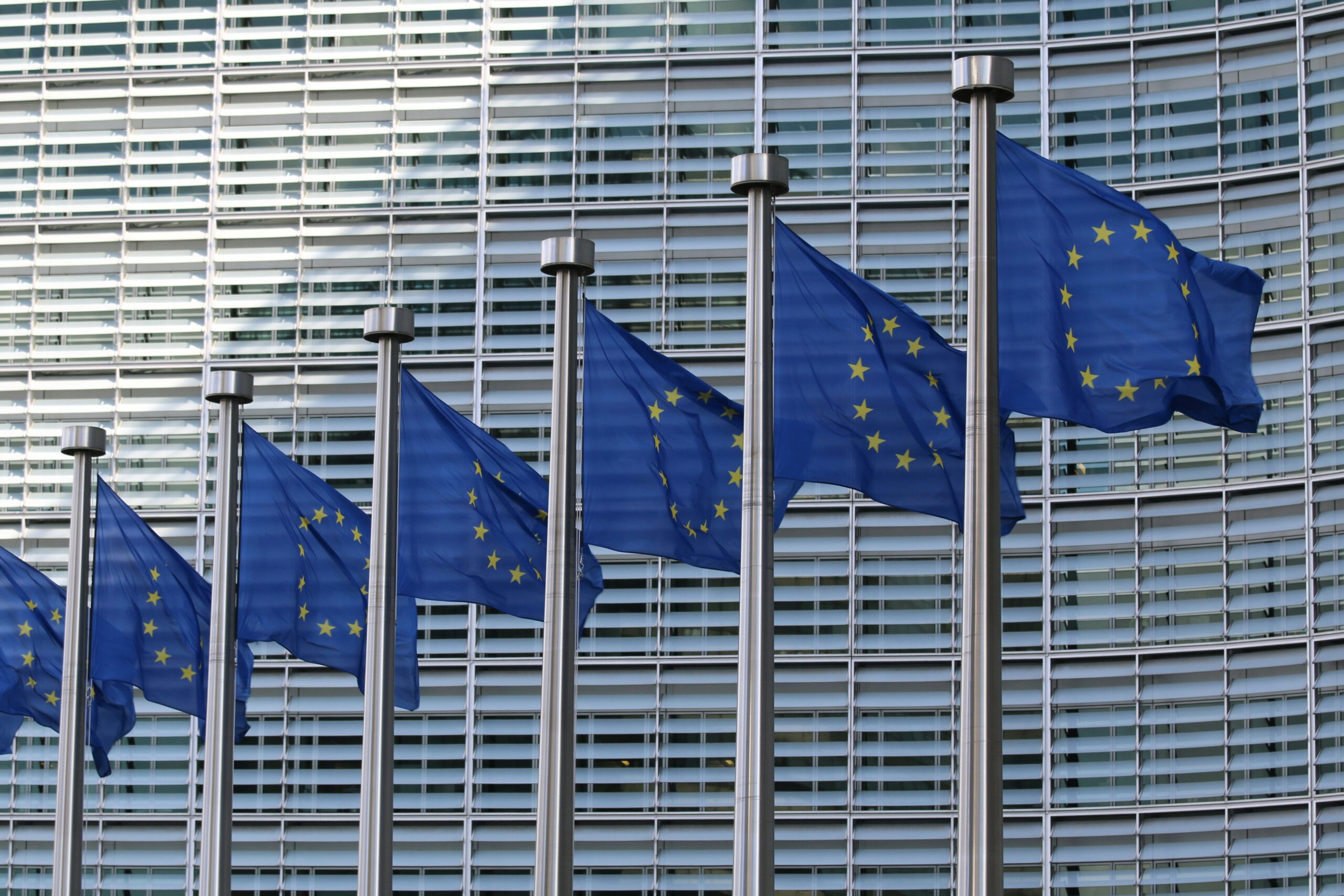The European Union (EU) has given notice to withdraw from the Energy Charter Treaty, which protects investments in the energy sector.
The Council of the EU announced that Belgium, the President-in-Office of the EU, has made an official written notification on behalf of the Union to withdraw from the Energy Charter Treaty.
The statement noted that the EU has taken the final step to withdraw from the treaty and noted that the EU will withdraw from the Energy Charter Treaty at the end of one year after the notification.
Belgian Energy Minister Tinne Van der Straeten said, “Within the framework of the political consensus reached between the Member States, the EU and the European Atomic Energy Community (Euratom) will withdraw from the Energy Charter Treaty within one year.”
The Energy Charter Treaty, signed in 1994 to protect cross-border investments in the energy sector, entered into force in 1998.
The treaty provides comprehensive rights and legal clarity for foreign investors in the energy sector, including fossil fuels.
The treaty, which has already been ratified by 50 countries, the EU and Euratom, has recently been the subject of intense debate.
Originally designed to encourage investment in the sector, the agreement gives energy companies the right to sue countries for policies that harm their investments.
The use of the agreement to protect the investments of fossil fuel companies has been criticized in many countries.
The agreement includes a sunset clause that will protect existing fossil fuel investments for 20 years, even if countries leave the EU.
Countries such as Germany, France, Spain, Denmark, Luxembourg, the Netherlands and Poland had planned to withdraw from the agreement, which Italy left in 2016.
Last year, the EU Commission proposed a coordinated withdrawal of member states, the EU and Euratom from the Energy Charter Treaty over climate concerns.
The European Parliament approved the withdrawal in April, and member states ratified it in May. (AA)



 UN
UN 



